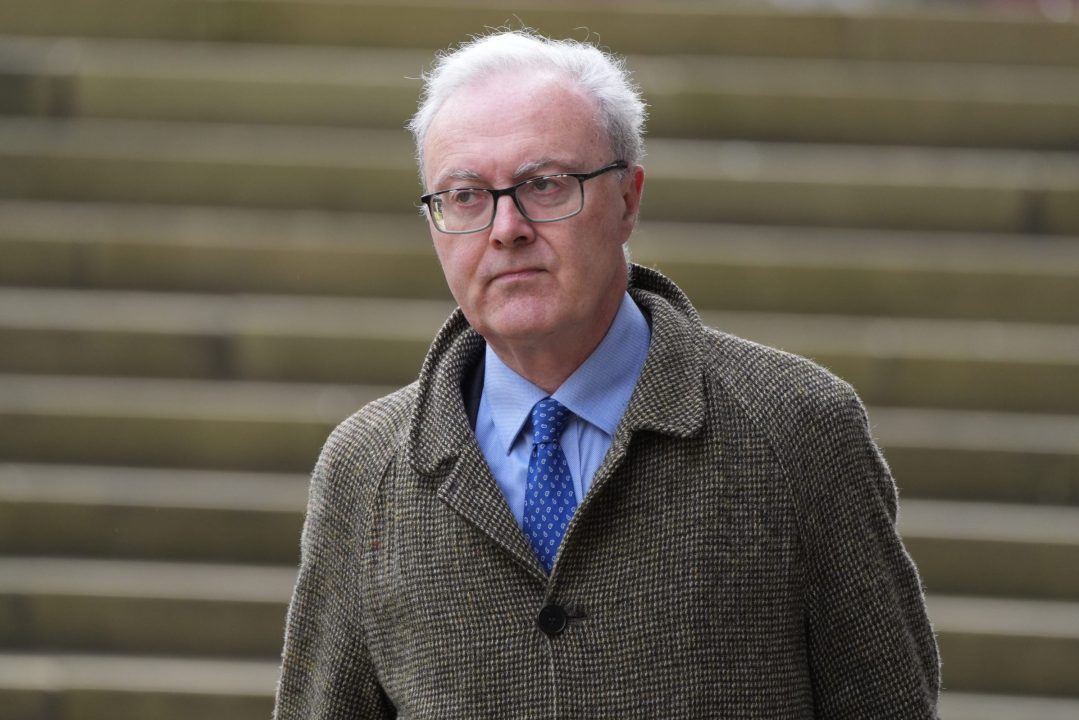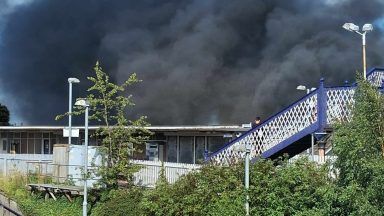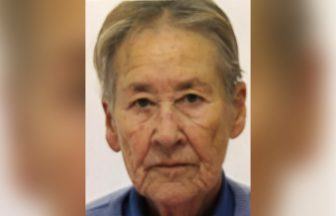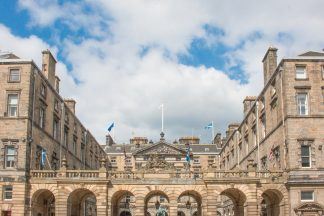The Crown Office did not provide a handover regarding “commitments” made to the grieving family of Sheku Bayoh when a new Lord Advocate took over, an inquiry heard.
Mr Bayoh, 31, a father-of-two, died after he was restrained on the ground by six police officers in Kirkcaldy, Fife, on May 3 2015 after being arrested when he was high on drugs.
The Sheku Bayoh inquiry is examining the circumstances leading to Mr Bayoh’s death, how police dealt with the aftermath, the investigation into his death, and whether or not race was a factor.
Giving evidence, former Lord Advocate James Wolffe KC said he was not given a handover about the case when he took over the role from Frank Mulholland KC in June 2016, and was unaware of “commitments” made to Mr Bayoh’s family until he met them in person.
He said that questions asked of police officers by Senior Procurator Fiscal Depute Fiona Carnan “potentially” suggested her own unconscious bias, the inquiry heard.
During her evidence, Ms Carnan said she felt references made by officers to the murder of Fusilier Lee Rigby “were not unreasonable” as it was mentioned in a police briefing, however PC Kayleigh Good had used the phrase “coloured male” when speaking about the 2013 terror attack.
When asked if the comment raised the possibility that assumptions about terrorism may have been linked to the colour of Mr Bayoh’s skin, Ms Carnan told the inquiry: “I have to say, no it didn’t.”
Senior counsel for the inquiry Angela Grahame KC said: “Is it fair to say that you would want these questions to be asked?”
The ex-Lord Advocate said questions could have included “whether or not if Mr Bayoh was white, they would have assumed the same thing”.
Mr Wolffe added: “There are questions that one would want to have seen answered and addressed.”
When asked by Ms Grahame if it suggested “unconscious bias” from the prosecutor, Mr Wolffe said: “Potentially, yes.”
He told the inquiry that race was critical to the investigation, and added: “It would be addressing all issues, relating to the question of criminality, including issues of race. It seemed to me that race should be taken into account as relevant to various stages of the investigation. The family should have been able to be assured that that was the case.”
Mr Wolffe said he had no “preconception or expectation about the way the issue of race would be investigated or analysed”, and said he was unaware of a commitment by his predecessor, Mr Mulholland KC, that an “inquiry” would be undertaken until he met the family in person.
He said a written handover when he took up the post would have helped the investigation to be “planned” in anticipation of a report from Police Investigations & Review Commissioner (PIRC), and he could not remember a discussion taking place about the probe.
Mr Wolffe, who left the role in June 2021, said the involvement of law officers “would have justified treating this case differently”
A statement said: “Such a briefing would also perhaps have led me to address at an early stage the fact that a commitment had been given to hold an ‘inquiry’, apparently whether or not there were criminal proceedings.”
The inquiry heard that the family’s solicitor, Aamer Anwar, sent a lengthy letter the night before an introductory meeting with the family.
Giving evidence, Mr Wolffe said that he was obliged to take a systematic approach regarding requests for disclosures and was concerned about setting a precedent to other cases.
Mr Wolffe said: “Historically that involves a high level of care about what the Crown discloses. As head of a system, if you take a decision in one case, that has to be the same in another case.
“If we were to start disclosing a Crown investigation to victims, that would be a very different system and you have to think very hard about the implications.”
Ms Grahame said: “Were you made aware there had been assurances given to the family about disclosure?”
Mr Wolffe said: “I think I was probably aware that material had been made available to them.”
Ms Grahame said: “Were you aware of any expectations the family may have had that disclosure would be ongoing?.”
Mr Wolffe said: “I think Mr Anwar’s letter reflects an assumption there would be further disclosure. I took the view that my overriding responsibility was to have an independent and thorough investigation and that nothing should be done which could prejudice any future proceedings.”
The inquiry continues before Lord Bracadale in Edinburgh.
Follow STV News on WhatsApp
Scan the QR code on your mobile device for all the latest news from around the country


 PA Media
PA Media




















